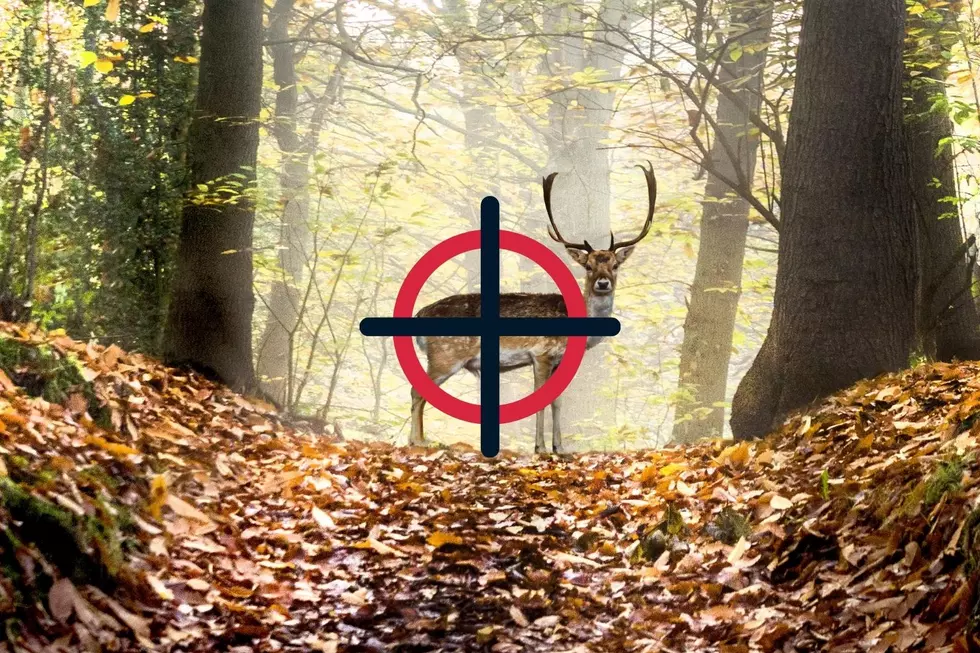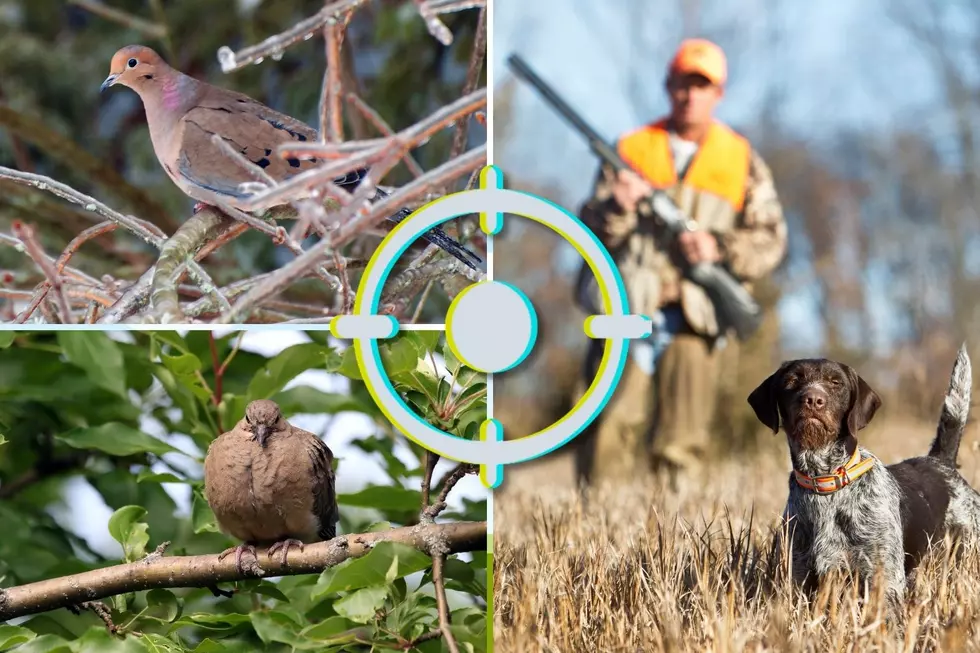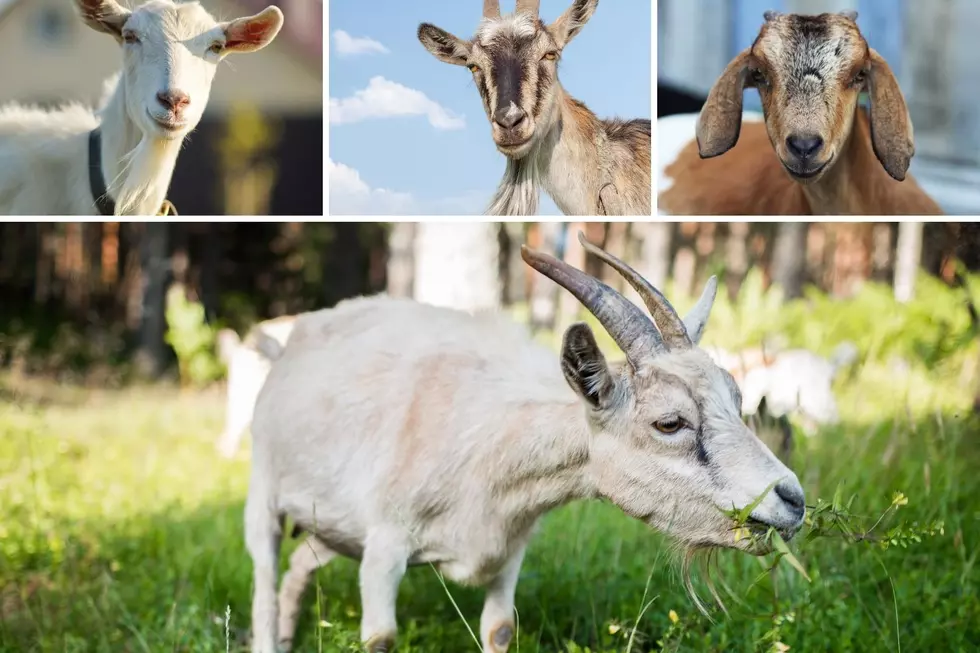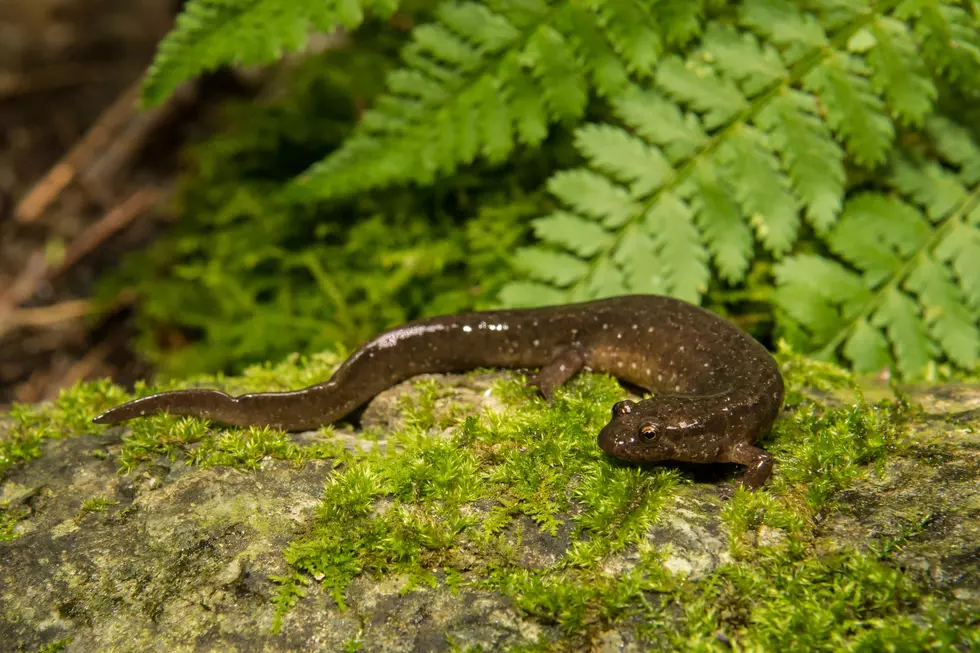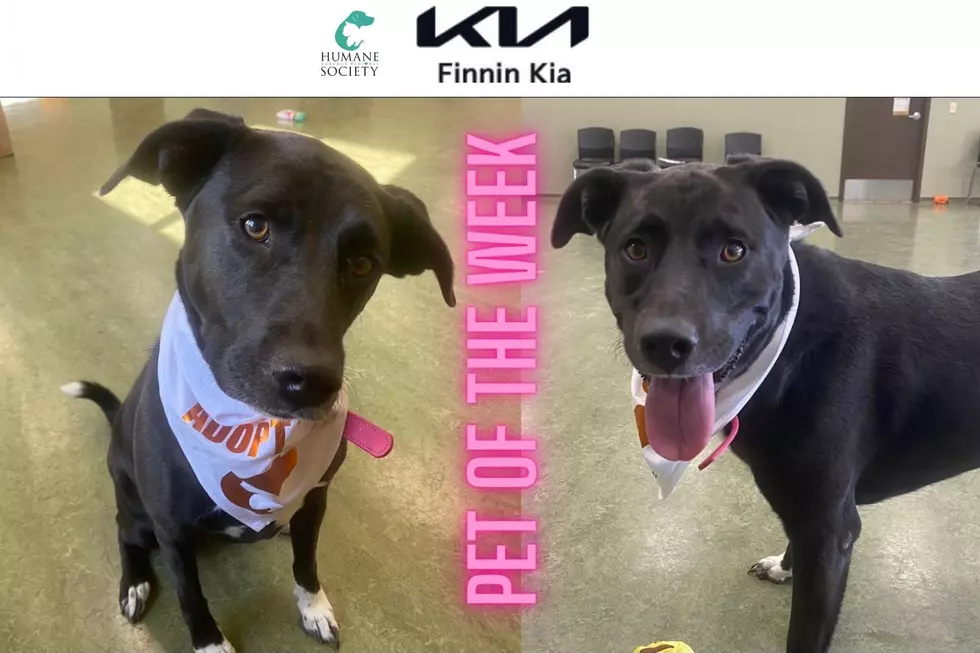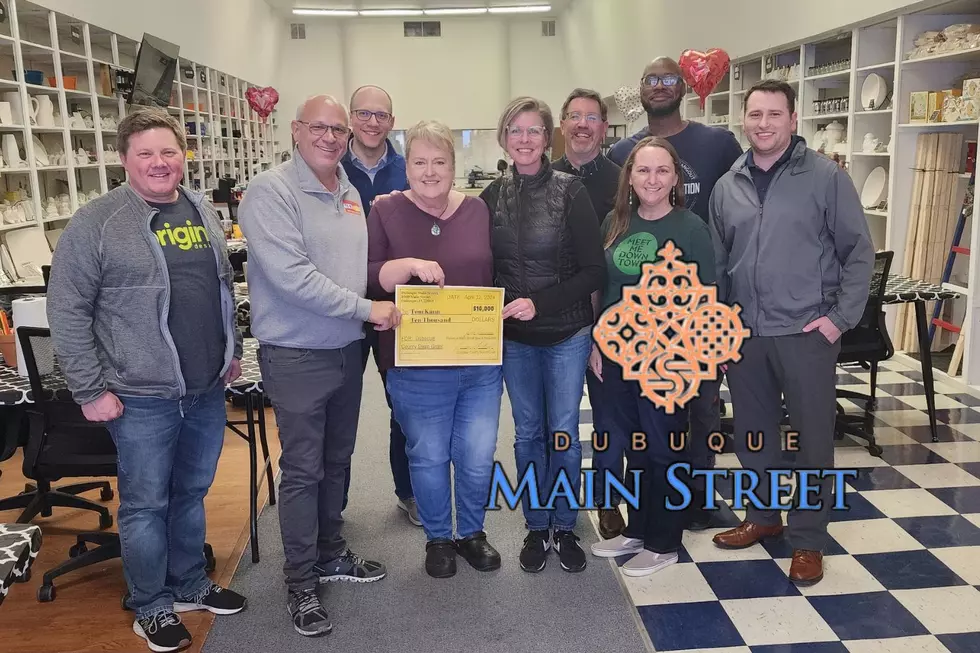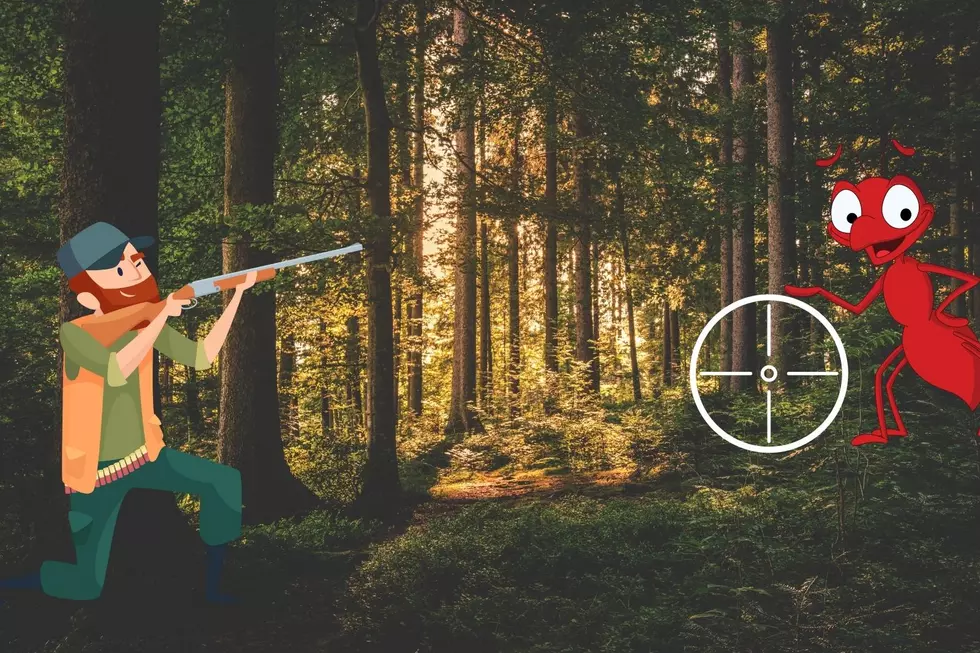
DNR Asks Hunters To Target Invasive Species This Season
Calling all hunters to help spread the word! The threat is real, it's expensive, and you're being asked to take some precautions to help slow and stop the spread of invasive species.
Places risk being overtaken by invasive species, which can quickly dominate and outpace the growth of native plants that are vital to animals and their habitats.
During this hunting season, the Wisconsin DNR requests hunters check clothing and equipment for unwanted critters and seeds from invasive plants like garlic mustard, tansy, and spotted knapweed. Invasive species and plants can travel extensively, especially on muddy vehicles, trailers, ATVs, shoes, and clothing.
Like other states, Wisconsin's economic impacts due to invasive species are profound. Some industries negatively affected by invasive species include sport and commercial fishing, forestry, agriculture, power companies, and municipal water plants. These expenses are passed on to Wisconsin consumers, such as in higher water and electric bills.
For example, invasive round gobies eat the eggs of sportfish such as small-mouth bass, trout, and sturgeon in the nearshore areas of Lake Michigan. The $4.5 billion fishing industry supports 81,000, so slowing and stopping invasive spread ultimately saves jobs.
The cost to human health from invasive species is profound. Wisconsin sees the expanded range of the lone star ticks typically found south of the state border. However, there's been an uptick with at least six tickborne severe diseases affecting thousands of people annually.
The disruption to the balance of native ecosystems can have long-lasting and far-reaching implications. For example, the risk is a loss of diversity of native plants and animals as invasive species rapidly proliferate and control forests, grasslands, and wetlands.
Hunters play an essential role in slowing the spread of invasive plants.
The Wisconsin DNR requests that hunters report the location, describe the invasive species, and take a picture whenever possible. Invasive.Species@wisconsin.gov.
Learn more about invasive species and how to limit the likelihood of moving them around on the Invasive Species Best Management Practices webpage.
Hidden Hollow in McGregor is a Nature Lovers' Dream
More From Eagle 102.3
